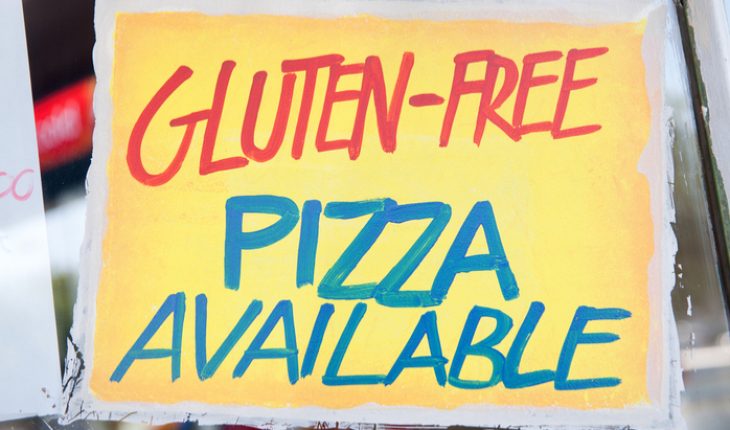
More people than ever before are purchasing into the gluten-free trend – certainly not since they're suffering from coeliac disease, but since it has achieved a 'health halo' status. Only the reference to 'gluten-free' on the packet seems to endow some mystical health benefit to it. There's been an explosion in gluten-free products, fuelled in small part by a genuine development in coeliac disease which has increased fourfold in the last Two decades.
There continues to be a surge in gluten-free products, fuelled in small part with a genuine development in coeliac disease that has increased fourfold in the last Two decades.
However, a lot of the drive behind the increase is due to a number of other things – the publicity around a lesser carbohydrate diet, celebrity influence and manufacturers' knowledge that they'll charge reasonably limited for gluten-free products (over double the amount oftentimes!). Actually, manufacturers are looking toward the 250 million pound market share that gluten-free goods are predicted to draw in by late 2023.
Whilst only a small proportion (around 1 in 100) people have coeliac disease, many more are concerned that they have an your inability to tolerate gluten which is a protein found in wheat, barley and rye. These could experience similar symptoms to coeliac disease (such as bloating, wind and diarrhoea) without actually getting the intestinal damage found in coeliac disease. Non-coeliac gluten intolerance can be a type of ibs that appears to improve if gluten-containing products are avoided. It is unclear why this should be, as well as whether it is the gluten itself that causes these symptoms. One possible scenario is that people avoiding gluten tend to reduce a lot of heavily processed foods and consume a more healthy and varied diet, which reduces many symptoms in itself.
Gluten-free products have been created as an alternative for foods that typically contain gluten which could hide in all types of food as well as bread – such as pasta, cereal, junk foods, sauces, cakes, sausages as well as drinks. Eating gluten-free was once limiting – now supermarkets and health food shops are stocking a wider selection of gluten-free foods which makes it easy for people who want to avoid gluten.
For those with coeliac disease, these products truly are healthier, as they don't cause the same damaging effects that ingesting gluten does. However, many pre-packaged gluten-free products compensate for their lack of gluten by including more sugar or fat to help make the product more appetising, but may actually result in the gluten-free products less healthy than the standard versions. They might also contain a reduced level of fibre and minerals, which may be stripped during the production process. The health-halo effect also means that whenever we think we're eating something healthy (even when it's not) we tend to eat much more of it – which might not help our waistline.
The health-halo effect also means that when we think we're eating something healthy (even when it isn’t) we have a tendency to eat more of it – which might not help our waistline.
Is gluten-free' better for me?
1. For those who have an analysis of coeliac disease then 'gluten-free' is more than better for you; it is essential for your health. Using specific gluten-free products in cases like this may supply you with a greater selection of options in your diet – just be sure you select good-quality products while you would with other foods.
2. If you feel you have gluten-intolerance don't merely exclude gluten out of your diet. Obtain a proper test for coeliac disease first because it can't be diagnosed properly for those who have already eliminate gluten. Once coeliac disease continues to be properly excluded then having gluten will do you no harm however, you may would rather avoid or reduce gluten whether it genuinely causes symptoms. The easiest method to do that is just to lessen the processed bread, cakes and biscuits that add little, contrary, to a proper diet anyway. Paying over the odds for gluten-free products is your choice – but when they help, then they will do you no harm as long as they are otherwise good products and never filled with processed fats, sugar or other nasties!
3. If gluten causes you no symptoms then you can eat what you like (within reason!) and going gluten-free is of no proven benefit. However, by reducing gluten-containing products, you will help yourself reduce most of the processed carbohydrates that we eat in excess and could well be adding to our obesity epidemic. Don't merely replace all of them with a less healthy, gluten-free version though – eating meals that is free of gluten, but filled with tasty, hearty vegetables and proteins instead is certainly going to become much healthier for us.

